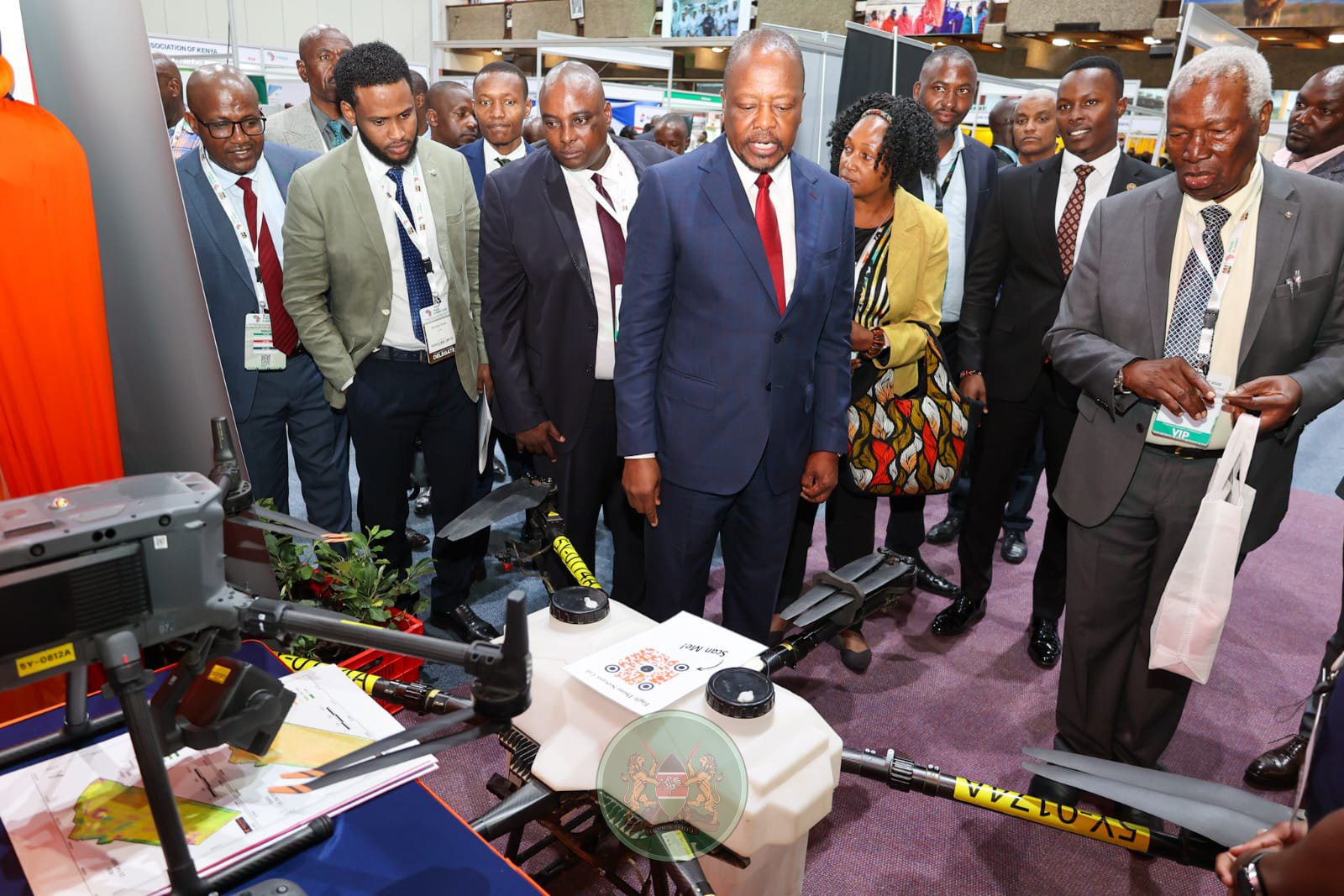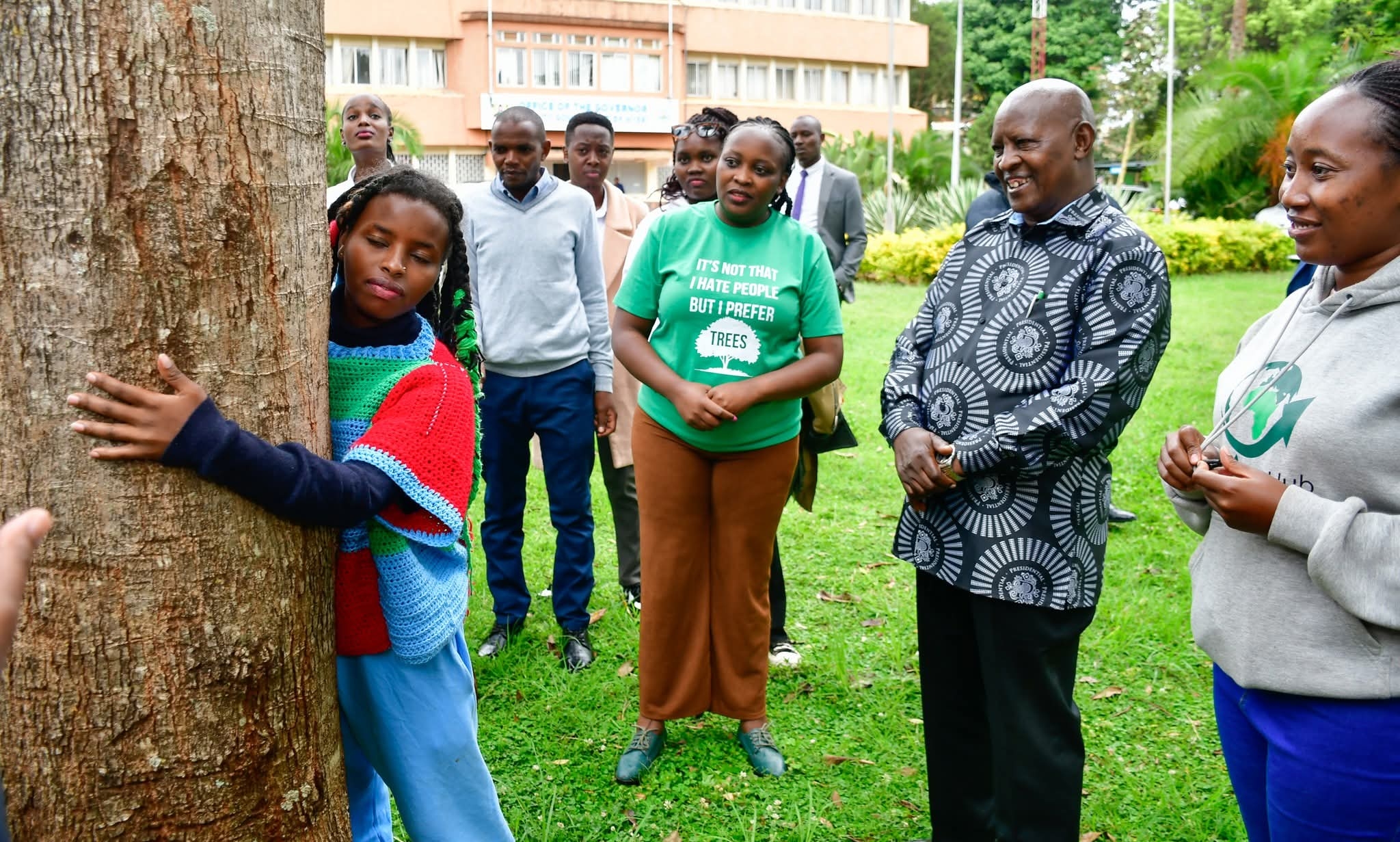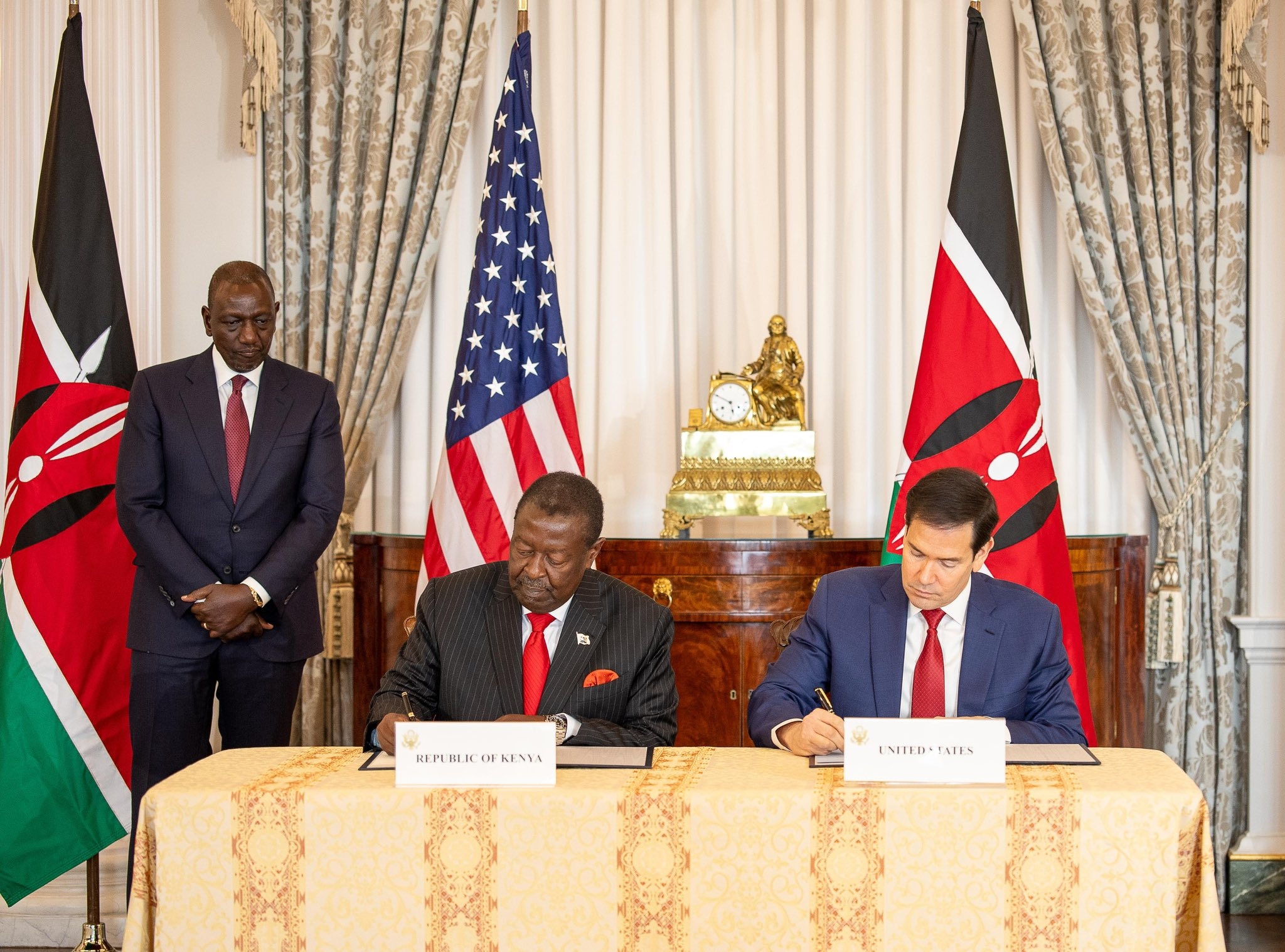
 Agriculture Cabinet Secretary Mutahi Kagwe when he opened Finas summit at KICC on May 20, 2025/MOA
Agriculture Cabinet Secretary Mutahi Kagwe when he opened Finas summit at KICC on May 20, 2025/MOA
Agriculture Cabinet Secretary Mutahi Kagwe has issued a stern rebuke to commercial banks for allocating only three per cent of their total loan book of Sh6 trillion to the agricultural sector, despite agriculture being the country’s single largest contributor to GDP.
Speaking at the 2025 Summit on Financing Agri-Food Systems Sustainably (FINAS), the CS described the current financing trend as “a sad indictment” and urged banks to rethink how they assess and serve smallholder farmers.
“Agriculture contributes up to 50 per cent of our GDP through direct and indirect linkages. Yet only 3% of the banking sector’s loan book goes to this sector.
This cannot continue,” the CS said.
He cited challenges such as high-risk perceptions, lack of collateral, and underdeveloped rural markets, but dismissed them as outdated excuses in a digital age.
Calling for a paradigm shift, the CS urged banks to innovate and offer long-term, low-interest loans tailored to crop cycles and farmer realities.
“...be more creative and alive to the intricacies of farming as a business. Push contract farming. Sign futures contracts and encourage participation in the commodities and futures exchanges.”
According to the CS, despite the sector’s value, African farmers, especially smallholders, continue to face a massive financing gap, estimated at USD 60 to 100 billion annually.
He also advocated for the return of a previously scrapped policy that mandated banks to dedicate a fixed percentage of their assets to agriculture.
“In the past, there was a rule requiring financial institutions to lend a portion of their assets to agriculture. We abandoned it somewhere along the way. It’s time to bring it back,” he stated.
The CS also proposed strengthening the Agricultural Finance Corporation (AFC) and increasing access to futures contracts, insurance, and contract farming models to reduce risk.
“This is not just about credit, it is about dignity and sustainability for our farmers. Let us stop locking them into short-term, high-interest traps,” he stated.
FINAS 2025, is a high-level meeting scheduled to take place from May 20-22.
The landmark summit brings together a diverse mix of African and international stakeholders to explore sustainable pathways for financing the continent’s food systems.
Under the theme “Taking Ownership: Rethinking Sustainable Financing for Africa’s Food Systems,” the summit builds on momentum from the FINAS 2024 dialogue and months of focused pre-summit engagement.
Over three days, the summit will spotlight the urgent need to close the agricultural financing gap while fostering innovative, inclusive, and resilient investment solutions.
Discussions will center on practical ways to strengthen farmer cooperatives, promote inclusive finance, de-risk agri-food investments, improve policy and regulatory environments, and leverage digital technologies to scale access and impact.
The ultimate goal is to drive transformative change across Africa’s food systems by turning dialogue into action.
Head of Cooperation at the German Embassy Daniel Guenther, on his part, called on the government to be more transparent on the use of public resources.
He said: “Taxpayers contribute a lot of money, and so you have to use it in an efficient way to avoid wastage.”
Guenther further stated that there was a need to have clear legal framework conditions to ensure the set objectives in the sector are achieved.
The government, he added, should put more effort into bringing the private sector on board, noting the taxpayers' money alone is not enough to help increase productivity in the agriculture sector.














